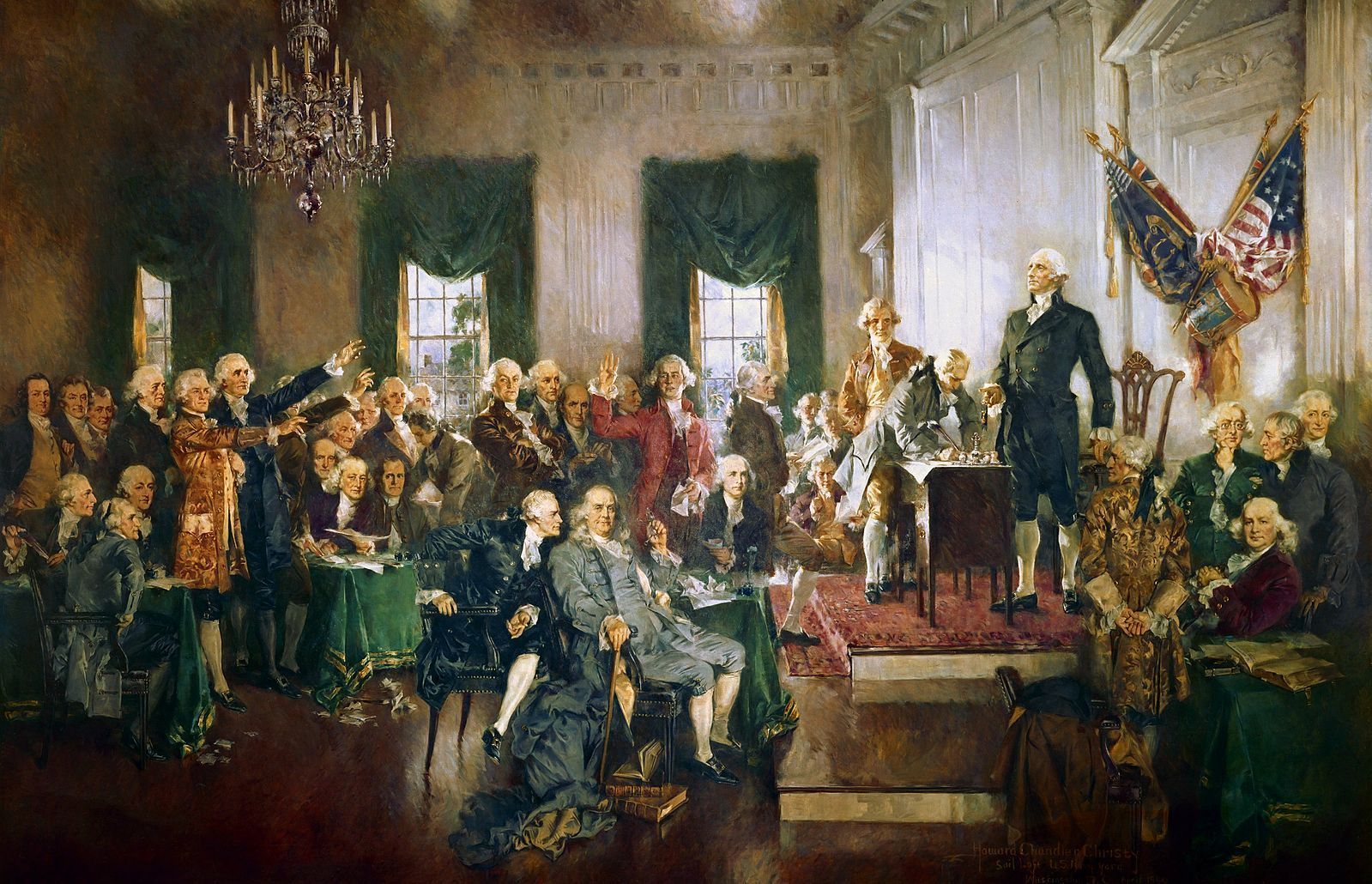Join the editors as they continue their discussion of the role of myth in political life, examining the "Qanon" conspiracy theory. What does Q tell us about myth and its role in politics? Is there precedent for conspiracy theories like Q in the American past? How is Q different from past conspiracy theories?
Next week, we will conclude our discussion of the role of myth in political life by discussing the possibility of a global myth, whether myths are ultimately natural or socially constructed, and what policies might make American myths more believable.
Further Reading
- "Heeding Steve Bannon’s Call, Election Deniers Organize to Seize Control of the GOP — and Reshape America’s Elections," by Isaac Arnsdorf, Doug Bock Clark, Alexandra Berzon and Anjeanette Damon, for ProPublica.
- "Qanon Is More Important Than You Think," by Adrienne LaFrance in The Atlantic.
- "The Paranoid Style in American Politics," by Richard Hofstadter in Harper's Magazine.
Table of Contents
00:00 - Introduction
00:32 - Q Excerpts
02:57 - Recap of Last Week
04:39 - Today's Topic
05:50 - What is Q, basically?
09:33 - Connection to Election Fraud Conspiracy
12:34 - Q As Myth, Religion
17:48 - Q As Reactionary Myth, Fantasy
21:26 - Q's Roots in American Covenantal Myth
23:53 - History of American Paranoia
31:15 - American Tension b/t Universality, Particularity
35:20 - The Power of The Internet
42:39 - The Balkanization of American Narratives
43:13 - Next Week's Topic
43:54 - Signing Off




Comments
Join the conversation